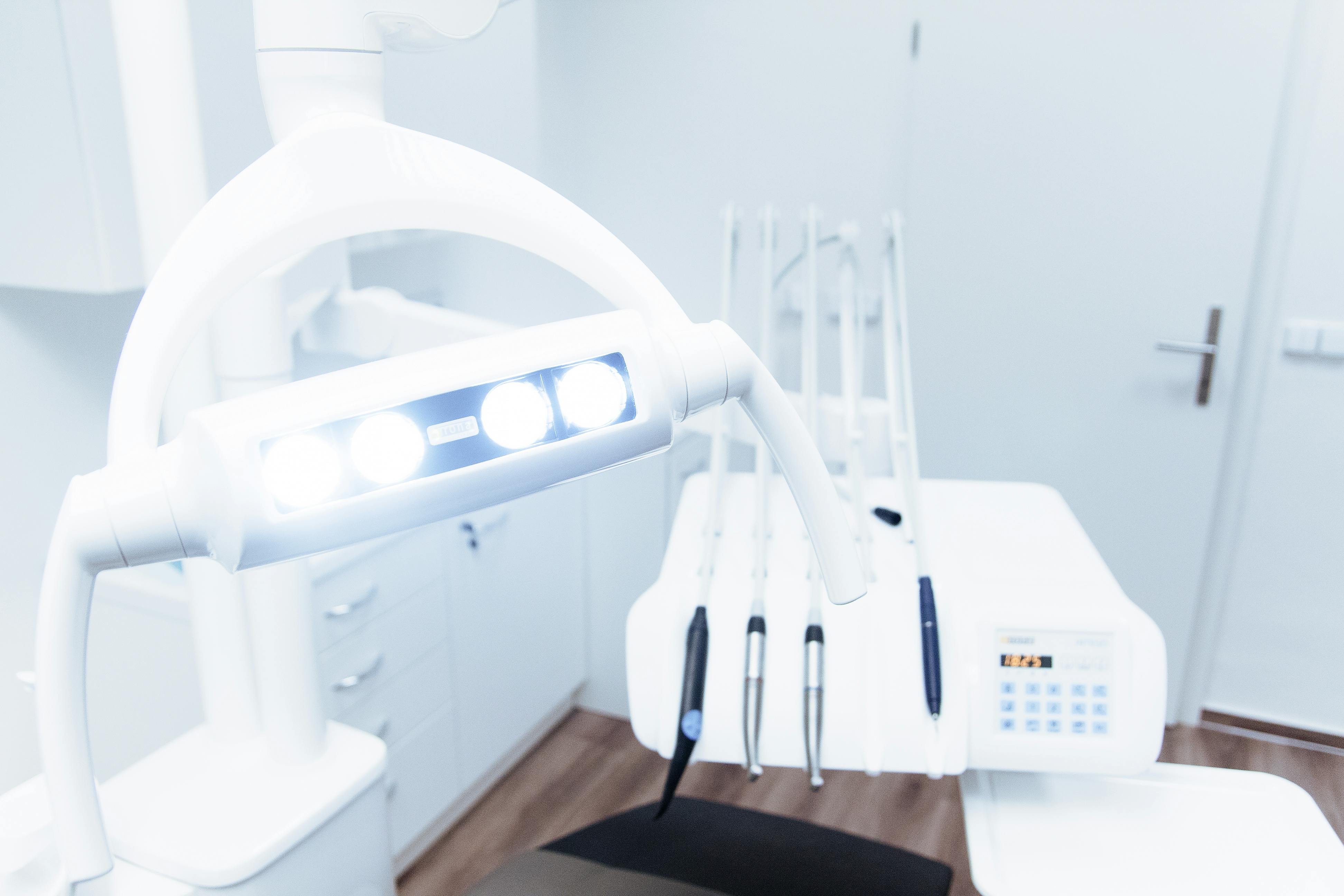Flossing Like a Pro: Tips for Superior Mouth Hygiene
Keeping excellent oral hygiene is crucial not just for a shining smile as well for your overall health. Ignoring your oral care routine can cause multiple problems, including cavities to gum disease. Luckily, flossing is a basic yet impactful tool that can improve your oral hygiene routine. citydent.lt undervalue the significance of flossing, typically viewing it as an inconvenient chore rather than an indispensable practice.
When it comes to looking after your teeth, routine is key. Visiting your nearby dentist clinic on a regular basis for examinations and cleanings is necessary, but what you do at home also has a significant role. In this article, we will provide tips that will help you excel at the art of flossing and ensure that your dental health is in great condition. By adhering to these guidelines, you can anticipate displaying a better, brighter smile for the years ahead.
Importance of Flossing
Flossing is a vital part of ensuring optimal oral hygiene. While regular brushing helps remove plaque and food particles from the surface of your teeth, it often misses the narrow spaces between them. These areas can become hubs for bacteria, resulting in gum disease and cavities. Incorporating flossing into your daily routine guarantees a more comprehensive clean and contributes significantly to your overall dental health.
In addition to preventing cavities, flossing plays a crucial role in maintaining healthy gums. When plaque builds up between teeth, it can lead to swelling and gum disease. Consistent flossing removes this plaque, helping to keep your gums in good condition and reducing the risk of periodontal disease. Healthy gums are vital for maintaining strong teeth and can also have an impact on your overall health, as gum problems have been linked to multiple systemic conditions.
Visiting a dentist clinic consistently is important, but it is equally important to practice effective oral care at home. Flossing helps minimize the workload for your dental professionals by keeping your mouth more hygienic in between visits. Consistent flossing can lead to fewer cavities, less gum disease, and ultimately a better smile. Making this easy practice a part of your daily routine can enhance your oral health and contribute to a more assured and vibrant you.
Dental Flossing Techniques
Flossing is an essential part of oral hygiene that helps remove food bits and plaque from between the teeth and along the gum line where a toothbrush cannot reach. To use dental floss effectively, start with about 18 inches of dental floss, wrapping most of it around one finger and the rest around other finger. This allows you to maneuver the floss as you move it between your teeth. Make sure you hold the floss firmly, guiding it softly in between each tooth to avoid snapping it against your gums.
When you get the floss in between your teeth, curve it around the base of each tooth in a C-shape and slide it back and forth against the tooth surface. This technique not only removes debris but also stimulates the gums, helping to keep them healthy. Be mindful not to force the floss into spaces, as this can cause damage to your gums. Alternatively, use a soft sawing motion to gently move the floss in and out, ensuring a thorough clean without injury.
Lastly, it’s crucial to establish a regular flossing routine. Aim to floss at least once a day, ideally before brushing your teeth. This sequence helps remove the plaque and debris efficiently before the toothbrush is used. If you have difficulty with traditional floss, consider using floss picks or water flossers as substitutes that can also be helpful. Regular visits to your dentist clinic for routine cleanings will also enhance your oral care regimen and keep everything remains in top condition.
Deciding on the Best Dental Products
Picking the right oral products is vital for maintaining optimal oral health. Commence with your brush; select one with soft fibers to effectively brush your teeth without damaging your gingiva. Electric brushes can also be beneficial as they generally provide a greater comprehensive clean compared to traditional brushes. Look for a toothbrush that fits well in your hand and is easy to maneuver in your oral cavity.
When it comes to toothpaste, select for a fluoride-containing toothpaste that has the ADA seal of approval. This mineral helps to fortify dental structure and avoid caries. If you have specific teeth concerns, such as pain or gingival conditions, consider using tooth paste designed for those concerns. Always review the components and steer clear of products with harmful additives or high abrasiveness.

Finally, don't ignore the significance of oral rinse and oral floss. A suitable oral rinse can help lower tartar, prevent gum disease, and provide clean oral freshness. For dental floss, select a type that fits your teeth—whether it’s classic dental string floss, floss tools, or water flossers. Incorporating these products into your everyday practice can make a substantial difference in your teeth health, ensuring you feel self-assured when you smile.